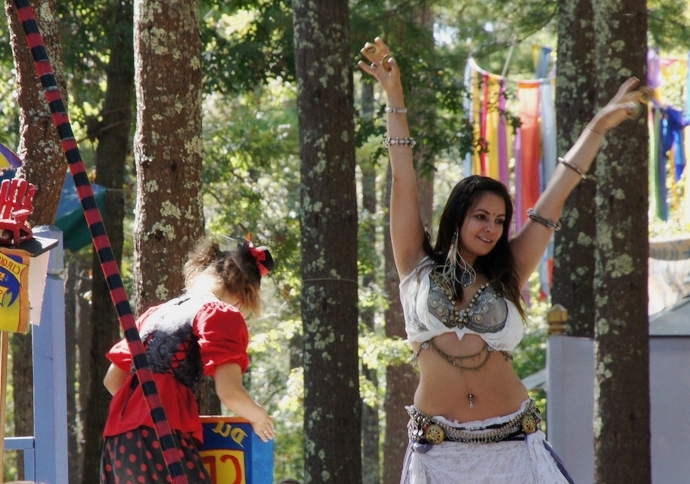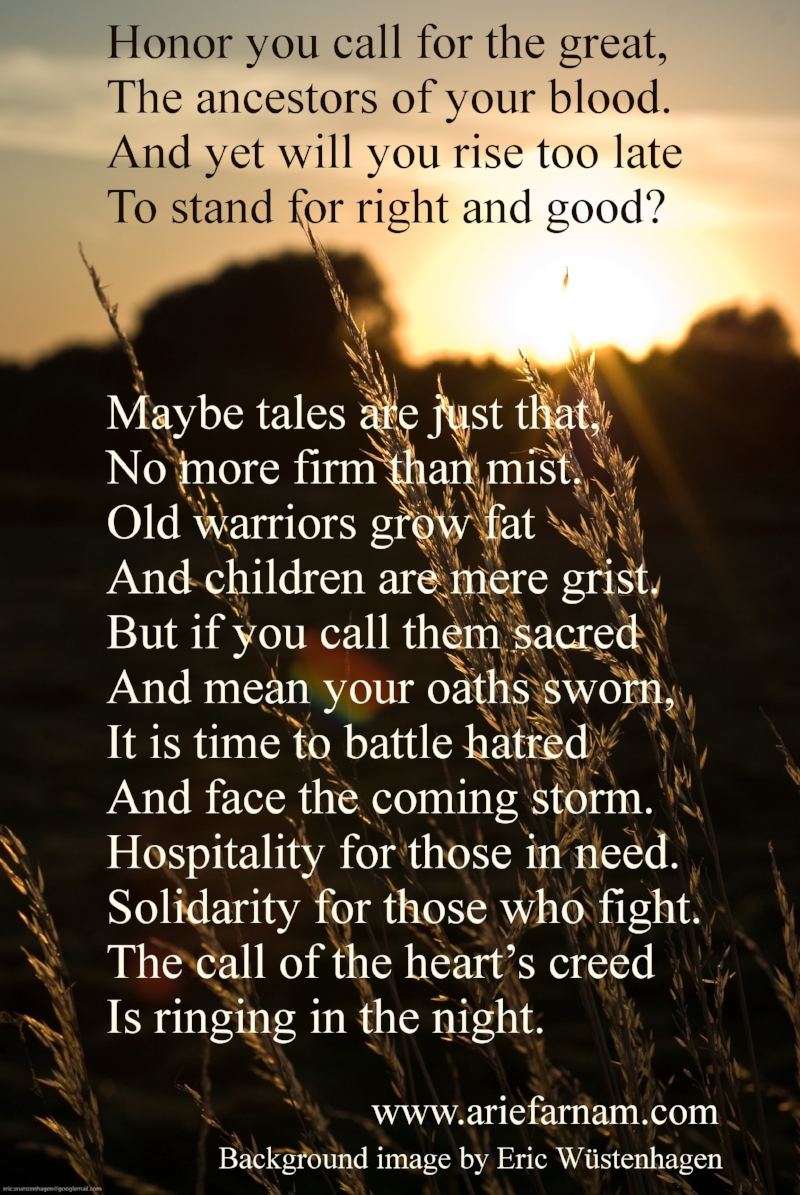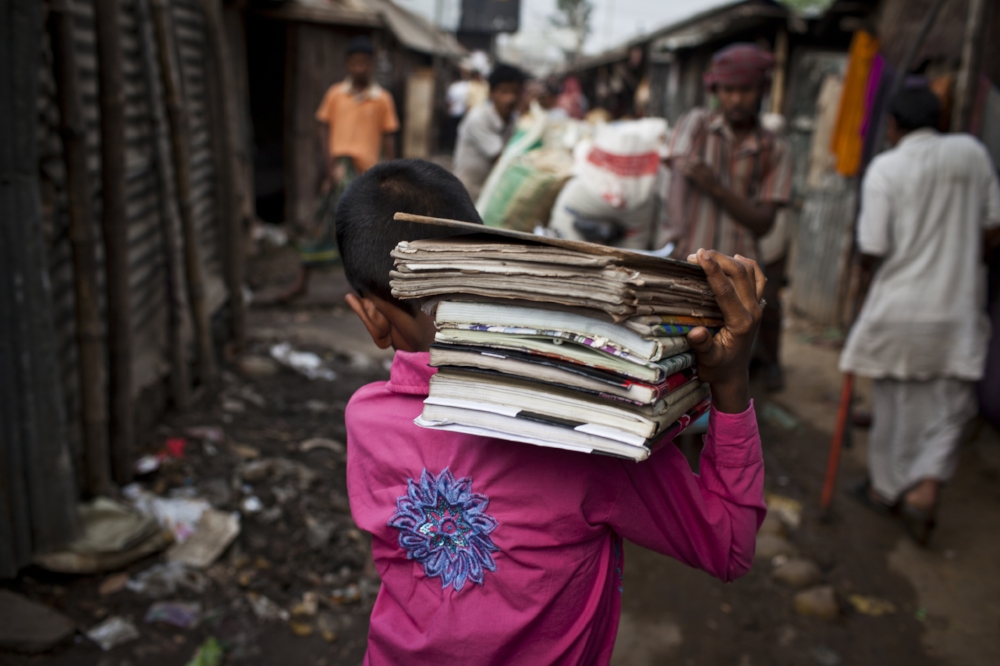Resilience - Survive, interconnect, thrive, repeat
/Resilience is primal law.
There is something very deep in us that considers survival not just a right, but a duty. We pity people who give up, either in spirit or by suicide. But we also judge them.
Maybe that is why I included resilience in my list of ethical principles. I didn’t mean for any of them to be judgy. But by their very nature, ethical principles are something we strive to live by.
And yet, resilience is often discussed as something a person either has or doesn’t have, and we still judge people who lack it. And to be honest, I think the jury is still out on how much of resilience we have personal control over.
Resilience is partly explained by the comic with the frog being eaten by a bird that reaches out and grabs the bird’s skinny neck in a fist while most of its body is already inside the bird’s bill. In a nutshell, that’s it. A living being has got to struggle to survive and to thrive. It isn’t just the frog that embodies resilience. It’s the bird too. That bird’s got to eat to live.
Creative Commons image by Pacheco of Flickr.com
Resilience is what I put in place of the rules about self-sufficiency and industry that crop up in some other systems. I don’t think self-sufficiency is really possible in an interconnected world. Putting it forward as an ethical goal is like saying one should try to be at the top of the food chain at all times.
Well, yes, that does seem preferable to the alternative.
It is also a warning against sloth, but most people who have touted “self-sufficiency,” “industry” and “individualism” as values were privileged and they got much of what they thought was their own “honest gains” through systems that oppressed and stole from other humans or damaged the natural environment beyond its ability to regenerate in that person’s lifetime.
Concern over self-sufficiency mostly ignores the fact that so much of our ability to provide for ourselves is dependent on the local natural environment and/or the manmade circumstances we’re in.
Sure, I get irritated with laziness, but I have never encountered laziness that wasn’t based on being in a privileged position. I have never actually met a lazy, poor person and I’ve met a lot of poor people.
I have met people sick with a disease we call addiction that looked lazy. I don’t know their fight, thank the gods. But I don’t think that is “laziness.” I’ve met people sick with despair too, but those were generally people still working their asses off.
I have met people who were lazy and complained about not having money, but invariably they lived in wealthy areas and were actually being kept in relative comfort by someone else, often their parents, an inheritance or a privileged job that didn’t require much of them.
I have traveled in some of the most desperately poor parts of the world, like Bangladesh or the back roads of Zimbabwe and Ecuador and I never met a lazy person in those places. I don’t see laziness among poor people in wealthy countries either.
Among people who struggle for the next meal or for next month’s rent, I see resilience. It isn’t self-sufficiency. People in these hard situations are always in a community, supporting one another, getting by and sending what they can to those who need it even more. It certainly isn’t individualism and sometimes health precludes outward “industry.”
This resilience is a tenacious will to survive and thrive, but it isn’t just greed and self-service. There is more too it because resilience also implies a long view and it’s requirements often extend beyond the self..
Resilience has several interlocking components:
One prerequisite for resilience is the understanding that failure and struggle are normal and inevitable parts of life. It isn’t that one has to be a morose pessimist in order to be resilient. Resilience walks a delicate balance between optimism and knowing that mostly life is pretty hard.
An old adage says, “God only gives us what we can handle,” but that is really only true for those who have been born into relative comfort. It’s a comforting thought but a false friend, which can lead to crippling despair when luck deserts us. Resilience says, “It is our purpose to keep on, even when the way is broken and there is no light anywhere.”
Part of resilience is the ability to get up and try again when circumstance throws you in the dirt. We love to say it to others, “Try, try and try again.” It isn’t much fun in practice, as I was reminded when I finished this post and a website glitch deleted it permanently as I was finalizing the formatting. If you’re reading this, I managed to finish it again. It’s not the most popular part of resilience, but it’s there.
Another part, often neglected, is the ability to pace one’s self and engage in self-care within overall focus on the goal. When my web software deleted my post, I was very unhappy. I’d spent all of my free time for several days on it and now it was gone. I started rewriting but only got a few paragraphs in when my ten-year-old finished his online schoolwork. Despite the looming deadline, I fulfilled my promise to make gingerbread cookies with him and then sat down to enjoy some with a cup of tea. This too has to be done if resilience is to be maintained.
Another aspect that sets resilience apart from sheer desperation is that strong community, reciprocity with the earth and a healthy local environment all enhance resilience. It is possible to be somewhat resilient even in the worst place and circumstances, but insofar as resilience is the ability to survive and to thrive even amid adversity, external conditions matter, particularly the most local conditions. Getting to a better location or improving the situation where you find yourself build your capacity for resilience.
But there’s a catch, if those good local conditions are manufactured through exploitation and exclusion of others, resilience is weakened instead of strengthened. The wealthy might pay for their place in a gated community or a climate-change-proof bubble, but all they gain is a tenuous advantage. The structures that keep desperation at bay through exploitation will eventually crumble, leaving those who opted out of developing strong community and a healthy environment even more vulnerable.
Finally, resilience isn’t just about the survival of the individual. It is about building resilience for life through the generations. A resilient plant, when threatened by extreme heat or drought will put every bit of its remaining strength into throwing out seeds. This is part of it, the urge to help one’s own kind continue. But the same urge drives us to do creative work or aid other species. Life promotes life. Resilience.
These interconnected aspects of resilience give a better understanding of why resilience is an ethical principle, rather than mere survival. Resilience calls us to survive and thrive over the long haul, not just as individuals but as a community and an ecosystem in a way that ultimately benefits the individual as well.
I’ve finished the post for the second time and I’ll take better care in saving a backup. It has been a hard year and the last couple of days have epitomized that with close friends and family angry and not speaking over online accusations and politically sensitive resentments among those who usually share the same politics. And yet it is Thanksgiving.
A lot of Americans are having a quiet long-distance holiday. It is always possible to think of something to say we are thankful for, even if we don’t feel very thankful, even if the day is bitter. I am reminded that all of these values are interconnected. Gratitude is another and it too is part of resilience. We know things are hard and that makes gratitude even for small things blossom.
They say it will be a hard winter because of the virus and the economy and isolation and climate change and political division. Our hope is for resilience. Breath. Humility. Gratitude. Interconnection. Hope.









































